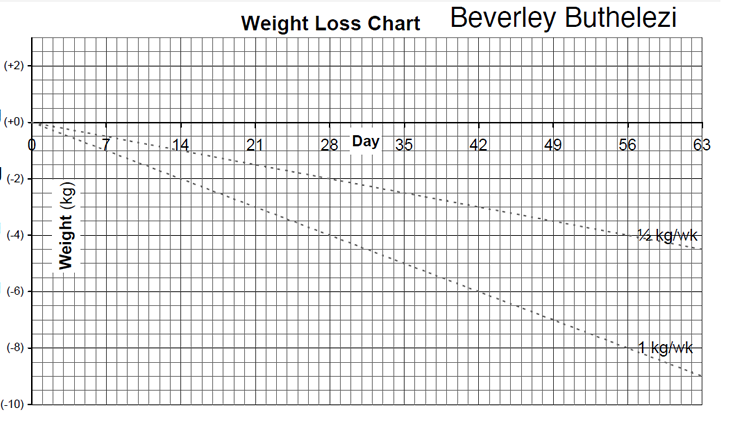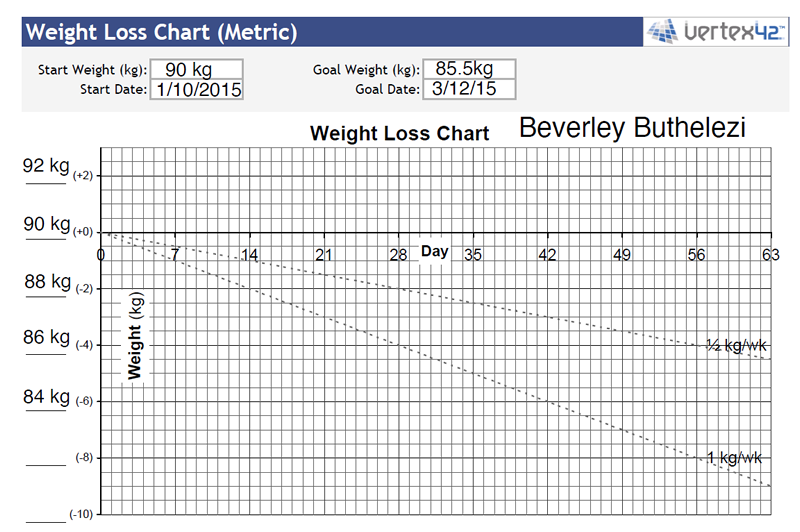Assist

Support for self care : Supporting self-efficacy
Self-efficacy relates to a person’s confidence in their ability to exert control over their own motivation, behaviour and social environment.
You can help to increase a patient’s confidence with targeted resources, and tips for success.
General Principles
Assistance should be tailored and wanted. Consider following similar principles to sharing information by using the PAPA framework again. At the very least, ask before providing a resource or tip.
Permission
Ask whether you patient is interested in learning about a particular resource.
Ask
What do they know about it already, do they have any specific questions?
Provide
Explain the resource to them
Ask
Would they like to go ahead? Would they like more information?
Further Resources
Click on each of the headings below for further information and resources that can support your patient to change successfully.
Self-care chart:
Assistance should be tailored and wanted, consider following similar principles to sharing information (PAPA), or at the very least, ask before providing.
- NHS Choices food and exercise diary
- Printable weight loss chart (metric)
- Printable weight loss chart (imperial)
- Prescribing Orlistat - Reducing side effects: Orlistat works by limiting fat absorption in the gut. If patients consume fatty food they are likely to experience faecal incontinence.
Patient leaflets, websites and apps
Take time to explore these resources yourself. Download the NHS BMI app. Try the Couch to 5k podcast. Order some British Heart Foundation leaflets. Go through the British Dietetics Association review of the latest diet fads on the NHS LiveWell site. Try the SMART recipes app from Change4Life for cooking on a budget.
Social prescribing
The NHS and local councils usually run health initiatives that are free for local residents, such as health coaches, exercise programmes, cooking classes, family interventions etc.
Try putting searching for healthy eating, healthy living, obesity or exercise on the pages of your local CCG or council:
Exercise prescribing
You may download/ print a PDF version of the prescription pad to share with patients:
Managing relapse
Reassure your patient that relapse is a normal part of the change process. Help you patient to plan ahead with a “what if…” discussion around relapse.
Manage your patient’s expectations: on average people manage to lose 3% of their body weight through behaviour change. Some people lose much more, but this is an average figure. There are also health benefits to slowing or stopping an upward trajectory in weight, without any weight loss. With a sustained change in diet, people tend to stabilise at a new weight within about 6 to 8 months. This is normal, and may be your new ‘set point’. With further lifestyle changes, you may be able to reach a further ‘set point’ if you are motivated to do so.
Evidence based tips
Encourage patients to swap rather than cut completely. For example, having a cup of tea instead of a glass of cola; having a piece of fruit instead of a piece of cake; having carrot sticks in front of a movie instead of crisps.
Eating behaviour: if you suspect Binge Eating Disorder refer appropriately before addressing a patient’s weight. Otherwise, challenge patients to find ways to reduce the availability of snacks, to eat away from the TV, to eat regular small meals rather than one large meal etc.
Case Scenario: Beverley

Patient Details
- Name: Beverley Buthelezi
- Age: 24
- Ethnicity: Black South African
- Weight: 90 kg
- Height: 173 cm
- BMI: 35
- Family Background: family history of hypertension and heart disease
- Last Appointment: Beverley is aiming to lose 4.5 kg over 9 weeks and to do two zumba classes each week
Activity
Using the patient details/ information above, help Beverley by giving her a weekly weight loss chart to fill in. Enter her current weight, target weight and goal date:
Start weight (kg):
Start date: 01/10/2015
Goal weight (kg):
Goal date:
Now put appropriate weight values on the y-axis:
(+2)
(0)
(2)
(-4)
(-6)

Check your answer's against Beverley's example weight loss chart
You may find it useful to print out blank weight loss chart for future: Blank weight loss chart PDF
Beverley lives in the London Borough of Bexley. Visit the following website to see what services are on offer:
www.bexley.gov.uk
1] What local services are there in Bexley to help people with their weight?
Submit
Many areas have local weight management programmes.
Now check in your local area. If you struggle to find local weight loss services, you may also want to check your CCG website.
2] Is there a local walking programme she can join?
Submit
Now have a look in your local area? If there are no walking programmes on local council pages, you may want to check in local libraries, third sector organisations such as 'age uk'.
3] Are there any Zumba classes in the area?
Submit
Now have a look in your local area? If there are no Zumba on local council pages, consider local resources such as netmums, local leisure and community centres.
4] Now find your local protocols for prescribing Orlistat and think how you would discuss monitoring and avoiding side effects with a patient.

